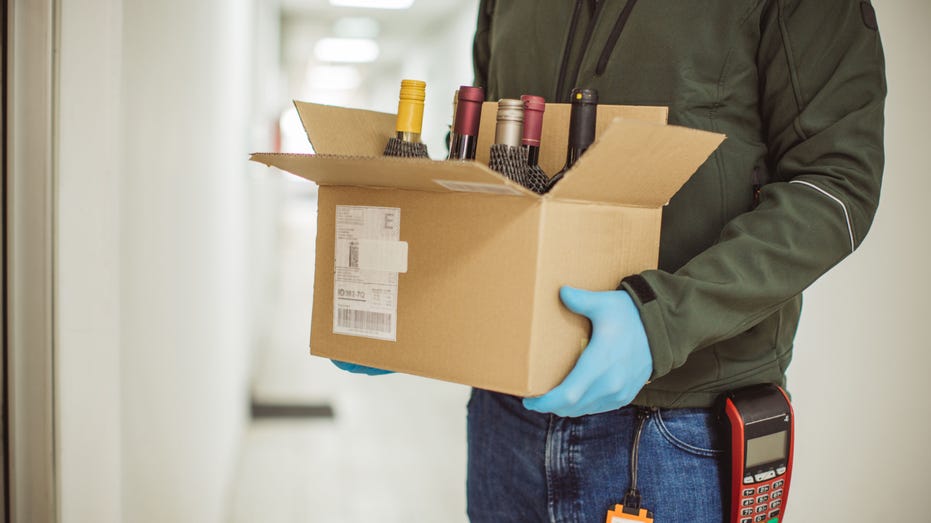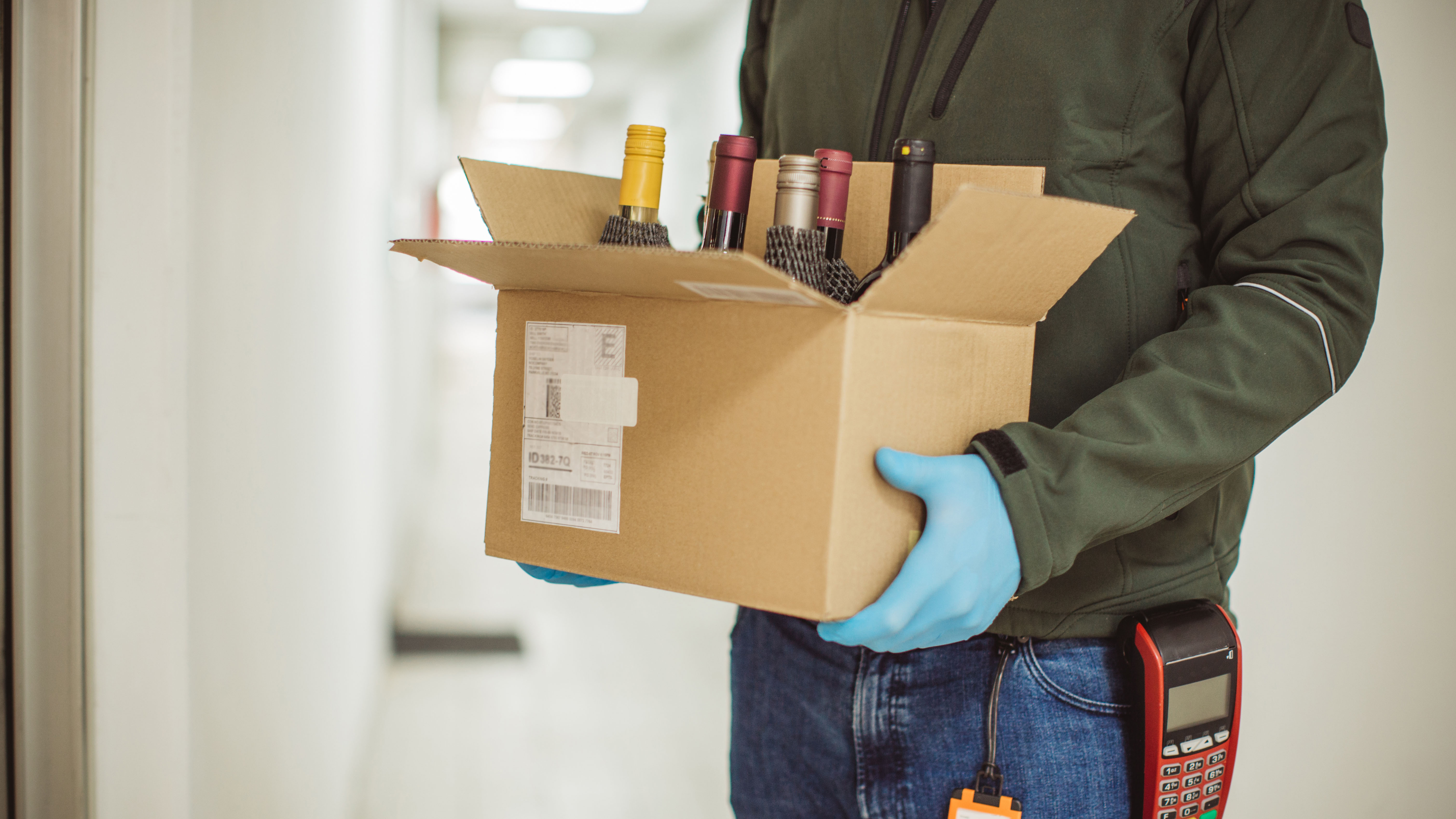Georgia governor signs bill allowing home delivery of alcohol from restaurants, stores
Breweries, however, will not be included in the new regulations
Answer the door – it might be alcohol.
The governor of Georgia has signed a bill allowing home delivery of alcoholic beverages for certain businesses in the state. The state is the latest to expand or alter rules on alcohol delivery amid the coronavirus pandemic.

The new rules may not go into effect for several months as the Department of Revenue reportedly still needs to write up the specific regulations and measures for businesses to comply with for the deliveries. (iStock)
The bill, HB879, allows beer, wine and liquor to be delivered under certain circumstances, Eater Atlanta reports. Gov. Brian Kemp signed the bill on Monday.
The new rules may not go into effect for several months as the Department of Revenue reportedly still needs to write up the specific regulations and measures for businesses to comply with for the deliveries. According to the bill, restaurants, bars, convenience stores and some retail and grocery stores can sell beer, wine and liquor for home delivery.
The products can only be accepted by someone 21 years or older who has a proper ID. The state’s breweries will reportedly not be allowed to start making deliveries under these new rules.
CLICK HERE TO READ MORE ON FOX BUSINESS
While this is good news for struggling businesses, there are still other obstacles the alcoholic drink industry has to contend with.
As Fox News previously reported, consumers have started purchasing more drinks in aluminum cans during the lockdowns, which has resulted in a shortage. This has caused some beer makers to struggle to keep product in stock.
GET FOX BUSINESS ON THE GO BY CLICKING HERE
Molson Coors, Brooklyn Brewery and Karl Strauss have moved production away from the smaller brands in response to the shortage, KITV 4 reports. The companies reportedly made this decision to ensure that they had enough cans available to keep their biggest brands from going out of stock.




















